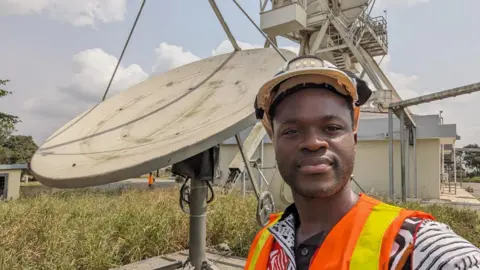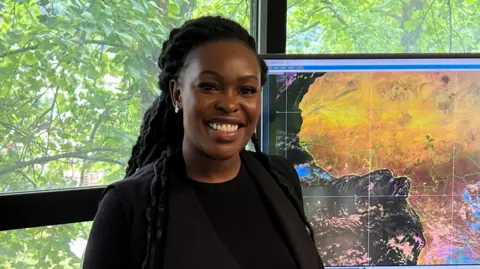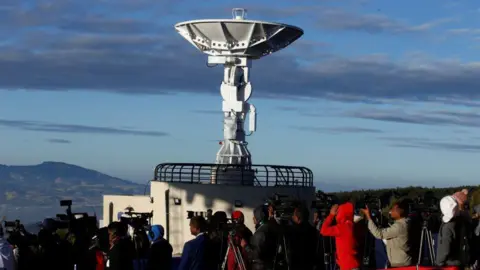Virtually all global insurers now include at least one low-carbon transition goal within their investment plans, a sharp change from two years ago when only 2 per cent of them had actual commitments, BlackRock’s latest survey of the industry has found.
The survey of 410 senior executives at companies with a collective $27tn in assets highlights the importance insurance companies place on getting to grips with climate change and the long-term opportunities they see in financing the transition.
Most insurers, 57 per cent, attributed their interest in transition investing to a need to manage and mitigate climate risks. Global insured losses from natural catastrophes exceeded $100bn for the fourth consecutive year in 2023, and Moody’s has estimated that the recent US hurricanes Helene and Milton will drive up to $55bn in losses.
Despite significant political backlash against green initiatives, particularly in the US, two-thirds of global insurers told BlackRock they had more conviction in transition investing than they did a year ago. The share with increased enthusiasm for transition investing was highest in North America at 73 per cent, while Latin America came in lowest at 58 per cent.
“For insurers, separate to the political aspect, they have to look at climate and transition risk from a liability and an asset perspective,” said Mark Erickson, global head of BlackRock’s financial institutions group. “If you are a [property and casualty] insurer you’re dealing with the effects of wildfires and hurricanes.”
Ninety-nine per cent of insurers have at least one low-carbon objective, with net zero emissions by a particular date being the most common globally, while year-on-year emission reduction targets are most popular in North and Latin America. Fifty four per cent of insurers globally said they were responding to shareholder and policyholder interests.
Many money managers, including BlackRock, are talking less about investing based on environmental, social and governance factors, while at the same time stepping up their offerings in green energy and low carbon infrastructure.
The insurers’ commitment to addressing climate change comes as individual investors are becoming more sceptical of ESG. A new survey by the Association of Investment Companies found that the share of investors who considered ESG as part of their investing process had fallen for the third straight year, to 48 per cent, from a high of 65 per cent in 2021 and 53 per cent last year.
The proportion who thought ESG investing was likely to deliver improved performance had dropped to 17 per cent from a peak of 33 per cent in 2021, the survey found.
BlackRock’s survey also found significant regional differences in insurers’ macroeconomic outlook. More than 85 per cent of North American and European insurers expected a “soft landing”, which would see inflation ease and growth slow, while 75 per cent of Asian insurers expected continued high inflation and economic resilience.
Across the board, insurers were expecting to increase their allocations to cash, in part because deposit rates were higher, and in part because they needed to be able to meet cash calls for their commitments to private equity and private debt.









































































































































You must be logged in to post a comment Login